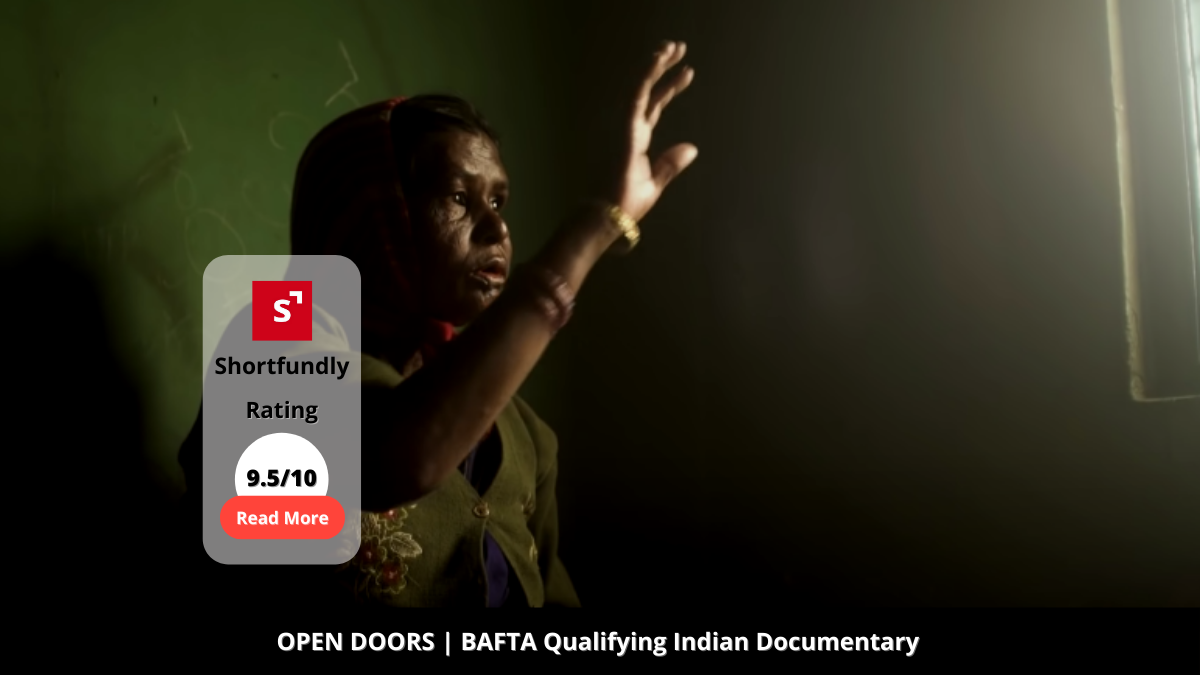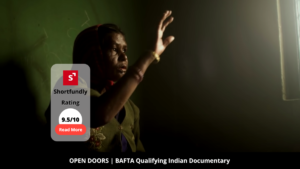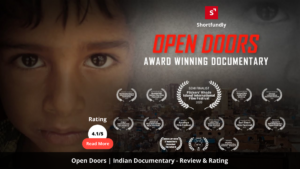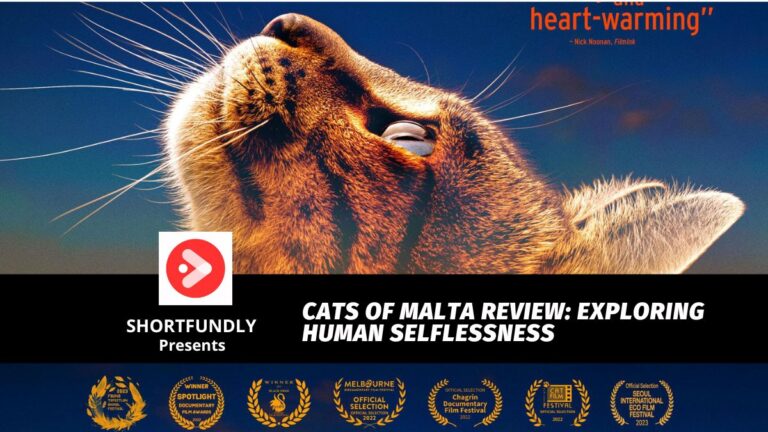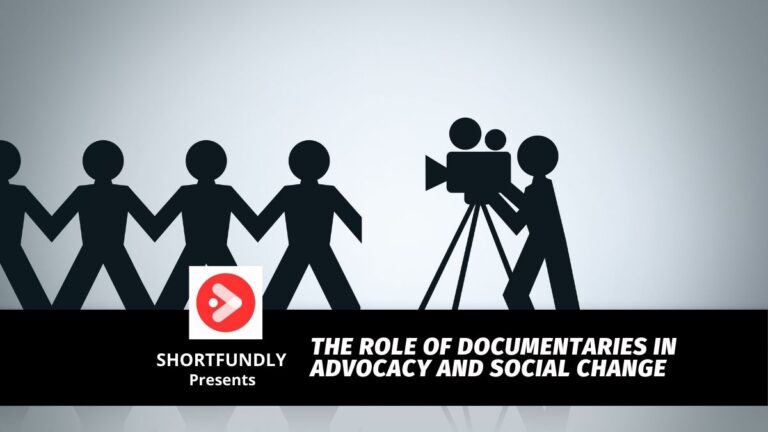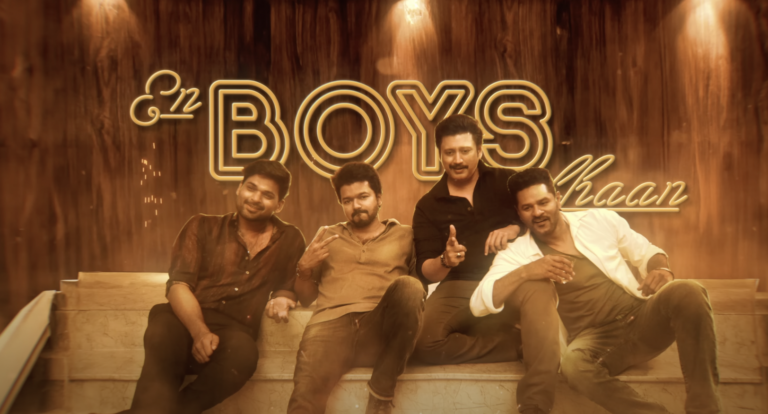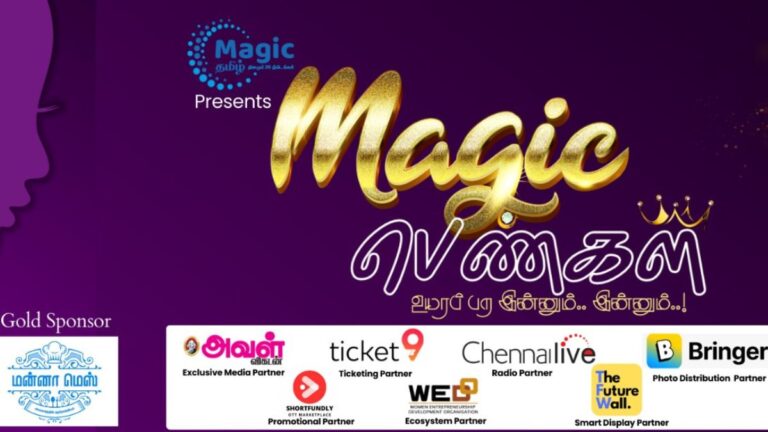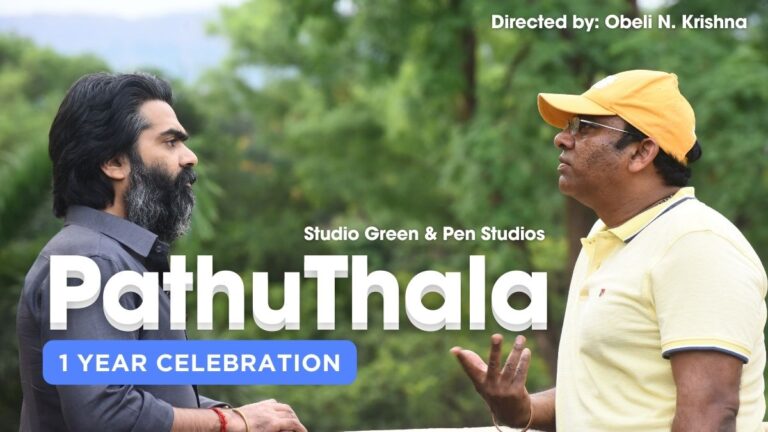About OPEN DOORS Documentary:
Understanding the core content: Poverty, education and casteism.
The documentary is about a village in Karnataka and the name of the village is Ambedkar Nagar. The film talks about the life of people in Ambedkar Nagar. The angles and the frame’s sounds are very interesting and realistic to understand the film even better. The crew went into the village of Ambedkar Nagar and collected so much information and projected it to us. The documentary starts with a lady who came to that village 40 -50 years back. when she visited the village, it was about only three or four houses but after that everyone came and now the village is filled with around 2000 people. The village looks like an underdeveloped slum and it was quarantined from the cities. people over there strive for food and make the living by working for daily wages. the situations might be even harder for them if there was a flood or during natural calamities. The sheets are not made of bricks and cement, the infrastructure is not a well-developed structure. The houses are built by themselves. The education is not given by the government for them properly the water is not pure enough for drinking but still, the people are making their living there.
The main thought that this documentary film is trying to convey to the general audience is that there are people who are really starving every hard and even death happening because of untouchability and poverty. The reason for poverty is untouchability and the reason for untouchability is lack of education. It was a narrow stretch of street and there wasn’t even a foot gap between the two houses. Children over there are not forced to go to schools. They feel that education isn’t important for them, says one of the old ladies. But the point she made is very interesting that people don’t need education if they are not eligible to survive with their good sense. What happens is when the children of the village go to school, they bring back fights and troubles to the villages. The fights and trouble are because of untouchability. I hope we all know about the term scheduled caste. The people over there are scheduled caste as it is said in the documentary film.
One of the interesting things that we can see in this documentary film is that the villagers worship Ambedkar, Gautama Buddha, and Basavanna their gods. As we can see most Indian people are believing in Lord Krishna, Lord Vishnu, Lord Shiva, and all other imaginary gods. But the people of Ambedkar Nagar believe in these three people. They are the real superheroes of their era. We all know about what Ambedkar does to society and what Gautam Buddha preached over the world. I was fascinated to see such things in an uneducated village. There was a youngster in this film who said education is what is important for the people over there and he should bring change in his village. The old lady who said education isn’t important makes sense when I listen to her. She said education is not important at all, but a person should have a good sense of survival. But on other hand, we know what education can bring to this society. When I looked through the documentary, I found the reason why the lady is saying education isn’t important. Because the threats and violent advice when they go to school are what makes the lady say education is important. India has 70 percent of the population under the poverty line. Though most of the people are under the poverty line, India is called a developing country because of the 30 percent of the population above the poverty line. There is a popular saying that, rich get richer and the poor get poorer. That is what makes people not get an education. In America, we have racism, colorism, and so on. Similarly, in India, we have casteism and colonialism. casteism is one of the biggest and majorities of India. The documentary film not just conveyed that poor people are suffering but also looked out the reason why the property is there.
Another interesting point in this film that the houses in the village have open doors. When we investigate the reasons, the people say they have no money, they have no Jewels, they have no luxury items and because of it, their doors are always open. if someone is having money, or the person is having any luxury item then they must fear for its safety. but people in Ambedkar Nagar don’t have money at all. So, they don’t need to fear anyone. when the journalist asked the woman what if someone is giving a bigger house to you, will you accept it? The woman said “NO”. she added that she’s happy with what she’s having. She doesn’t want a bigger house, money, wealth, and all. All she wanted is happiness around her. This one makes sense. The documentary film at the beginning I thought it focused on casteism and education – actually it does. Moreover, it focused on poverty and happiness. Poverty is one of the major reasons for nonviolence in India and casteism is what is the major reason for poverty. If poverty wants to get eradicated, we must eradicate casteism also.
Technically speaking I wanted to congratulate the director of this documentary film Priyanka Bina Jasani. The dop which Tanvi Choudhry made was extraordinary. I also wanted to appreciate Harsha Yellapragada, Waivasvata Manu for assisting to record the sounds which are unique and took throughout the film. The transcription and subtitle are very clear to understand. Though there are many subjects that are attractive, the team went to an extent to bring a change in this society or to project what exactly is happening to the society because of casteism and poverty.
I appreciate the whole crew who made this documentary film and thanks on behalf of a normal Indian citizen for trying to bring a change in people’s mindset.
If you ask me to give ratings,
For direction I would give 9.5/10
For screenplay I would give 9.5/10
For DOP I would give 9.5/10
For Sounds and audio I would give 9.5/10
For Editing I would give 9.5/10And overall I would give the same 9.5/10 for this documentary film.
Watch Open Doors now
Also read latest documentary review post from shortfundly
- 16 Best Documentaries on Prime Video to Watch Right Now
- Cats of Malta Review: Exploring Human Selflessness
- The Role of Documentaries in Advocacy and Social Change
- OTT Platforms and Documentary Films: A New Era for Non-Fiction
- The Impact of Technology on Documentary Filmmaking
- OPEN DOORS | BAFTA Qualifying Indian Documentary – Review & Rating – 9.5/10
- Open Doors | BAFTA Qualifying Indian Documentary – Review & Rating – 4.1/5
About Shortfundly
Shortfundly is an online technology and design-focused, data-driven OTT platform company that curates and shares the best short films and stories through our global multi-platform network. Our video and editorial platform enables a global audience to easily discover, watch, and share unique stories anywhere on their desktop and mobile devices.
Our vision is to continually grow the community of short film audiences to enable a wide and accessible market reach for short films and become the leading micro-cinema/short film platform.
